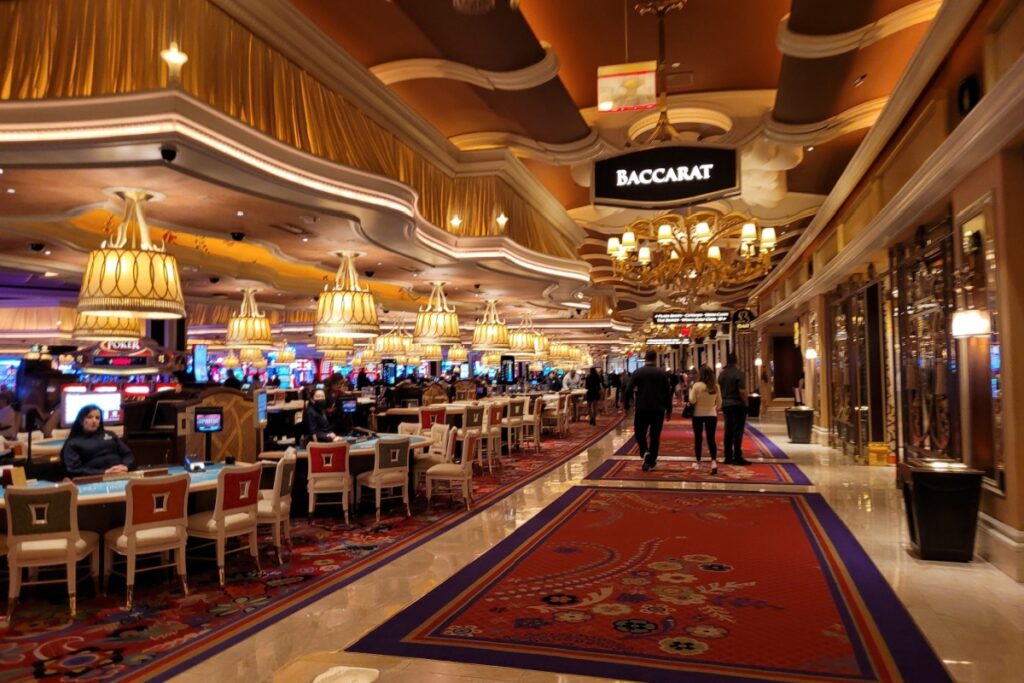A state‐appointed community advisory committee has formally rejected a proposal to construct a massive Mohegan Sun casino and resort, known as Freedom Plaza, near the United Nations headquarters in Manhattan. The committee, consisting of six members appointed by both state and city leaders, cast a 4-2 vote against the project earlier this week.
This decision effectively removes one of the most ambitious casino projects from contention in Manhattan, an area that has seen several high-profile proposals over the past year. The rejection underscores the influence of local boards in shaping the outcome of statewide development efforts, despite backing from major developers and international gaming operators.
Project Details And Developer Commitments
The proposed Freedom Plaza project, valued at approximately $11 billion, was spearheaded by the Soloviev Group in partnership with Mohegan Sun. The plan called for transforming a prime stretch of more than six acres, running from East 38th to East 41st Street between First Avenue and the East River.
At its core, the development included a 300,000-square-foot casino, a luxury hotel with about 1,250 rooms, retail outlets, a variety of restaurants, and entertainment venues. In addition, the project promised public amenities such as a daycare facility, a community center, a 4.8-acre terraced park, and a Museum of Democracy. These features were designed to counter public concerns about a large-scale gambling venue in a densely populated neighborhood.
In a late attempt to win community approval, the developers pledged that all 1,000 residential units included in the project would be designated as permanently affordable housing. This significant concession was seen as an effort to align the project with New York City’s broader housing goals, which emphasize affordability amid ongoing concerns over rising rents and limited supply. Despite these commitments, the advisory committee remained unconvinced.
Political Landscape And Divided Support
The advisory committee was composed of appointees from Governor Kathy Hochul, Mayor Eric Adams, and local Manhattan officials. The two votes in favor came from the governor’s representatives and Manhattan Borough President Mark Levine. In contrast, the four votes against were cast by the mayor’s appointee and representatives linked to local legislative districts, reflecting skepticism among grassroots stakeholders.
Mayor Adams expressed disappointment following the vote. He had previously noted that while casinos bring challenges, they can also serve as engines of job creation, tourism, and tax revenue. “I didn’t anticipate that some of the projects would be turned down at this stage,” Adams remarked after learning of the outcome.
The governor’s office has not issued a detailed statement, but officials indicated they would continue to monitor casino licensing proceedings, which remain highly competitive across the state.
Broader Context Of Casino Licensing In New York
The Freedom Plaza rejection means there are currently no active casino bids left in Manhattan. Previous proposals, such as a Jay-Z-backed Caesars Palace project in Times Square and a resort complex at Hudson Yards, were similarly dismissed by local advisory boards earlier this year.
The state of New York plans to issue up to three downstate casino licenses. With Manhattan proposals no longer in play, attention now shifts to other boroughs and nearby areas. Remaining bids include a resort on the site of a former golf course in the Bronx, a Coney Island casino project in Brooklyn, and a development near Citi Field in Queens. Two existing facilities—racinos in Yonkers and Queens—are also seeking upgrades to full casino licenses that would allow table games in addition to slot machines.
State regulators, operating under the New York State Gaming Commission, are expected to render final decisions by December. Analysts say the competition remains fierce, given the billions of dollars in potential investment and the projected tax revenue for state and local governments.
Economic And Community Implications
The Freedom Plaza plan was marketed as a transformative project that could revitalize Midtown East, bringing jobs, tourism, and much-needed public amenities. Proponents emphasized the promise of thousands of union construction jobs during the building phase and permanent employment opportunities once the casino and hotel became operational.
Critics, however, warned of potential risks, including increased traffic congestion, rising property values that could displace existing residents, and social challenges associated with expanded gambling access. Community advocates argued that even with affordable housing provisions, the scale of the casino could change the character of the neighborhood.
The rejection reflects the broader balancing act facing New York policymakers—between generating revenue through high-value development projects and responding to community concerns over livability, affordability, and urban planning. With the advisory committee’s vote now final, Freedom Plaza joins a growing list of casino bids that have failed to secure approval in Manhattan.


